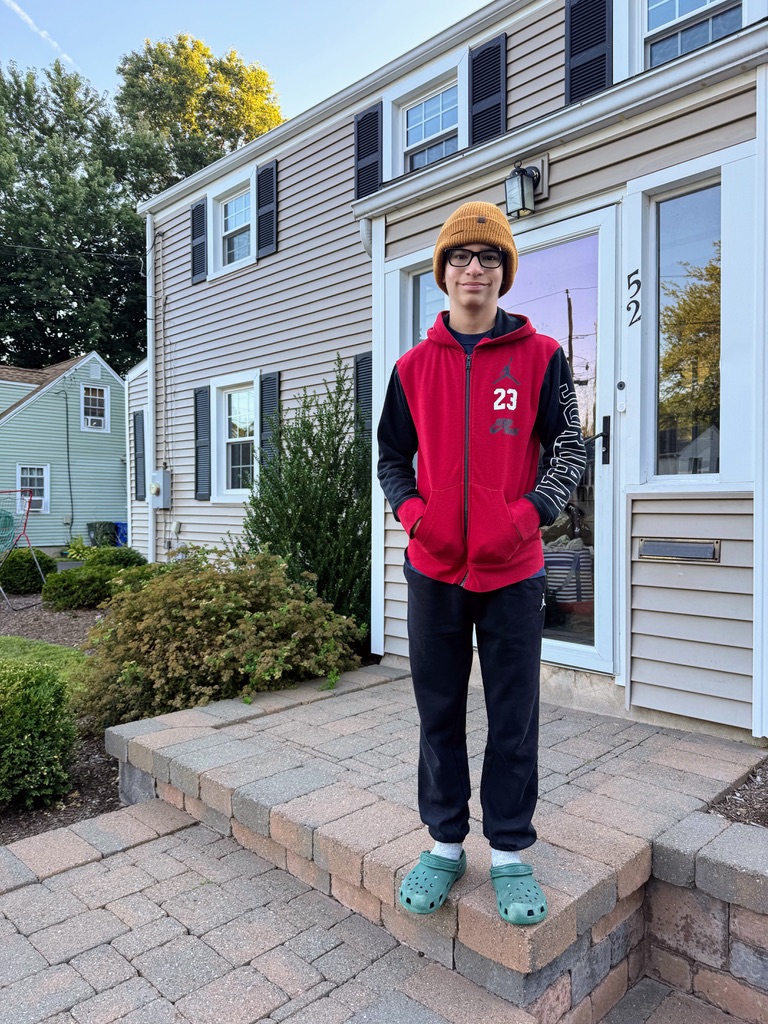The New York Times writes about how some colleges and universities have stopped requiring SAT scores when applying to their schools.
“For all the gripes some people have with the SAT and ACT as gauges of aptitude, the tests are certainly standardizing forces in one regard: taking them has become a shared moment of anxiety — a rite of passage, in its way — for students wishing to go to a United States college or university.
Yet some students defy this rule. The list of colleges and universities dropping the admissions requirement of standardized test scores continues to extend each year, and with it, a growing number of prospective applicants are treating the testing process as an optional exercise.”
I have never taken the SAT.
In fact, I have never completed a college application or written a college essay, despite the fact that I have an Associate’s degree in liberal arts from Manchester Community College, a Bachelor’s degree in English from Trinity College, a teaching license from St. Joseph’s University, and a Master’s degree in educational technology from American Intercontinental University.
Three degrees and a teaching license, and yet I have never taken a standardized test and never completed a college essay.
You could do this, too, if you followed the same path I did.
1. Attend a community college.
For me, it took me five years to finally make it to college following high school. You don’t need to wait five years, but for me, I had no choice. Poverty, a lack of parental support, homelessness, post traumatic stress disorder following a violent robbery, and an arrest and trial for a crime I did not commit prevented me from attending college any earlier.
I suggest you skip all that and just go to college.
Community college does not require an SAT score and does not require students to complete formal applications like four year institutions.

2. Do exceedingly well in community college.
For me, this meant an 3.92 GPA. I was also Treasurer of the Student Senate and President of the National Honor Society. I was also a Truman Scholarship finalist, a USA Today Academic All American, and the Connecticut debate champion for two consecutive years.
This is not an impossible task. I also worked more than 40 hours a week managing a McDonald’s restaurant while attending community college. If I could work full time and still do well, I am convinced that most students could do the same if they truly applied themselves and had a modicum of parental support.
3. Accept an invitation to transfer to a four year institution.
Upon graduating from Manchester Community College, I received scholarship offers on the strength of my community college performance from several Connecticut schools, including Trinity, Wesleyan, and Yale. I accepted the invitation and scholarship from Trinity because the school had a program designed for nontraditional students like myself and was close enough to home and work to make travel convenient. I would still be working full-time while attending Trinity (and would soon add another 20 hours a week in the Student Writing Center as a paid tutor), so proximity to home and work was important.

If I didn’t have to work in order to support myself, Yale would’ve been my first choice, but it was not meant to be. I still have the letter from Yale inviting me to attend and offering me a scholarship, but that was as close to the fabled university as I would ever get until I told a story at Yale last year for The Moth as part of a conference on storytelling and began working with other departments on communications and storytelling.
4. Don’t complete an application. Don’t write college essays.
It turns out that if a college invites you to transfer to their institution, they don’t require you to apply. I filled out a few forms in the Registrar’s Office, but it was about 15 minutes of paperwork and a small fee. All but one of my classes from Manchester Community College transferred to Trinity, making me a junior when I arrived. It would take me three years to complete my Bachelor’s degree at Trinity, but this was only because I also completed a teaching degree at St. Joseph’s University in addition to a degree in English.
5. Graduate.
It should also be noted that my teaching license – which amounted to a second major – came thanks to a consortium of colleges in the Hartford area. Students from Trinity, St. Joseph’s, and the University of Hartford were permitted to take classes at each other’s schools. Most students never took a class via the consortium, and those that did took one or two classes at most, only when the class was not offered at their school or did not fit their schedule.
I took advantage of the relationship between the schools and completed a full major’s worth of educational classes at St. Joseph’s in order to graduate with both a degree in English and a teaching license. As a result, I did not need to complete an application for St. Joseph’s University, since the grades for those classes appeared on my Trinity transcripts.

My Master’s degree was completed at an online university (though several credits came from Trinity College and Central Connecticut State University), and the online university did not require SAT scores or a formal application.
Just a large tuition payment.
It should also be noted that I attended Manchester Community College for free based upon my financial need, and thanks to the scholarship offered by Trinity, I paid almost nothing to attend that school (and therefore St. Joseph’s University as well).
So… want a path to college that eliminates the SAT, college applications, college essays, and tuition?
There you have it.
It wasn’t easy, and I acknowledge that it might not work for everyone, but if you don’t have to work 40-60 hours a week supporting yourself as you make your way through college (while also launching a DJ company in that time), it might not be too bad.


